
Jujutsu Kaisen has captivated audiences worldwide with its fascinating characters, unique powers, and a story that masterfully blends dark fantasy with genuine emotional depth. Beyond the breathtaking animation and intense battles, the series is rich with memorable quotes that resonate long after the credits roll. From declarations of power to poignant reflections on humanity and curses, these lines often encapsulate the very essence of the characters who speak them and the brutal world they inhabit.
These lines are an example of the potent narrative prowess of Gege Akutami, as well as a solid demonstration of They offer glimpses into the philosophy of jujutsu sorcerers, the motivations of cursed spirits, and the complex relationships that drive the story forward. Let’s dive into ten of the most impactful and iconic quotes from Jujutsu Kaisen that have stuck with fans for years.
10) “Being a Child Is Not a Sin.”
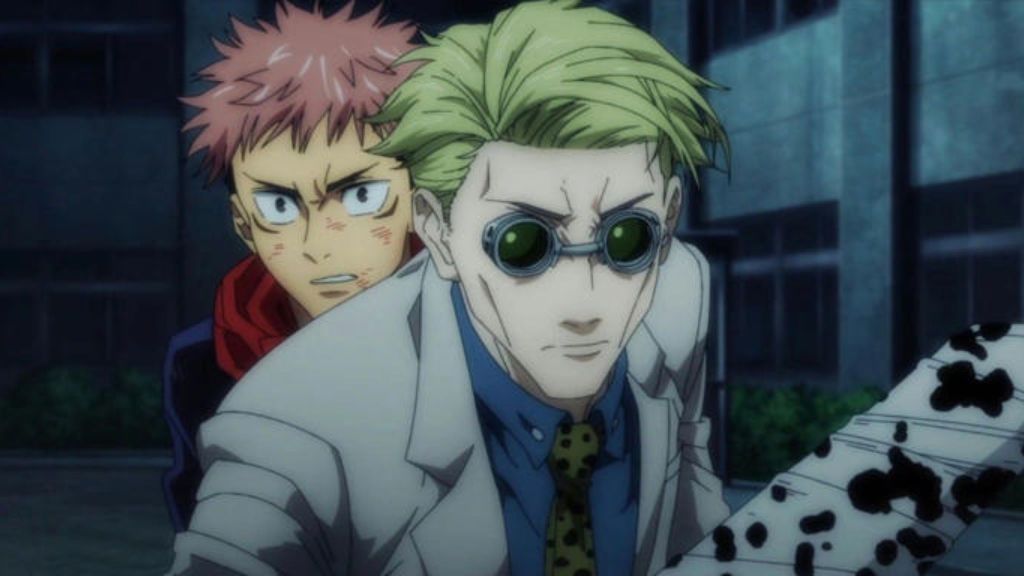
This deeply empathetic line comes from Kento Nanami, a pragmatist and often weary jujutsu sorcerer. Speaking to Yuji Itadori, Nanami expresses a crucial understanding of Yuji’s immense burdens and the incredibly harsh realities he faces at a young age. Yuji is forced to confront horrific curses and make life-or-death decisions long before he should have to, stripping away what should be the most carefree years of his life.
The quote is a powerful affirmation of innocence and a subtle condemnation of the system that forces children into such dangerous roles. Nanami, often cynical, reveals a deep sense of compassion for the boy he has taken under his wing, recognizing that Yuji should be allowed to experience a normal childhood rather than being thrust into a brutal war. It highlights Nanami’s protective instincts and his desire for a more just world, where children are not victims of the fight against curses.
9) “You Cryin’?”
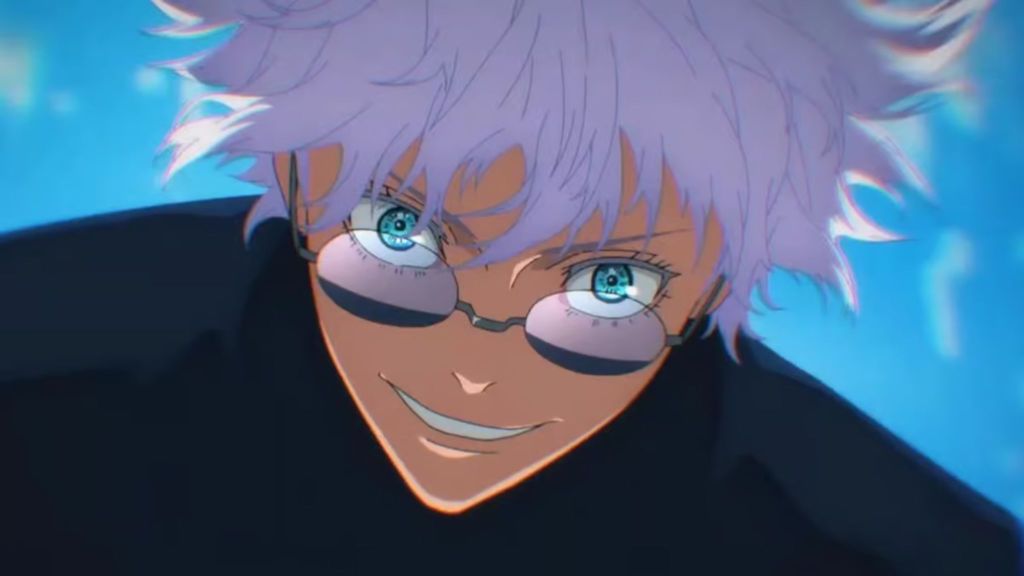
This sarcastic and taunting question is a signature line from Gojo Satoru, delivered with a casual yet cutting arrogance that immediately sets the tone for his teenage years in the Hidden Inventory arc. Delivered in Season 2, Episode 1 “Hidden Inventory/Premature Death,” this line quickly became a fan favorite and lit the internet ablaze, largely due to Kaiji Tang’s iconic delivery in the English dub. Gojo’s question is directed at his fellow classmate, Utahime — a woman he has been known to endlessly annoy in adulthood as well.
The quote serves to highlight Gojo’s careless and cocky adolescent attitude and his playful approach to even the most dangerous situations. During this period, Gojo views himself as invincible, and this taunt is a direct result of that boundless confidence and a slight immaturity. He uses it not just to provoke, but also to assert his dominance and to perhaps break the tension with a dose of his characteristic bravado. This offhand remark perfectly captures the essence of his powerful yet still developing personality, showcasing how he often masks serious intent with a lighthearted, mocking demeanor, even when the stakes are incredibly high for himself and those around him.
8) “My Six Eyes Tell Me You’re Suguru Geto, But My Soul Knows Otherwise!”
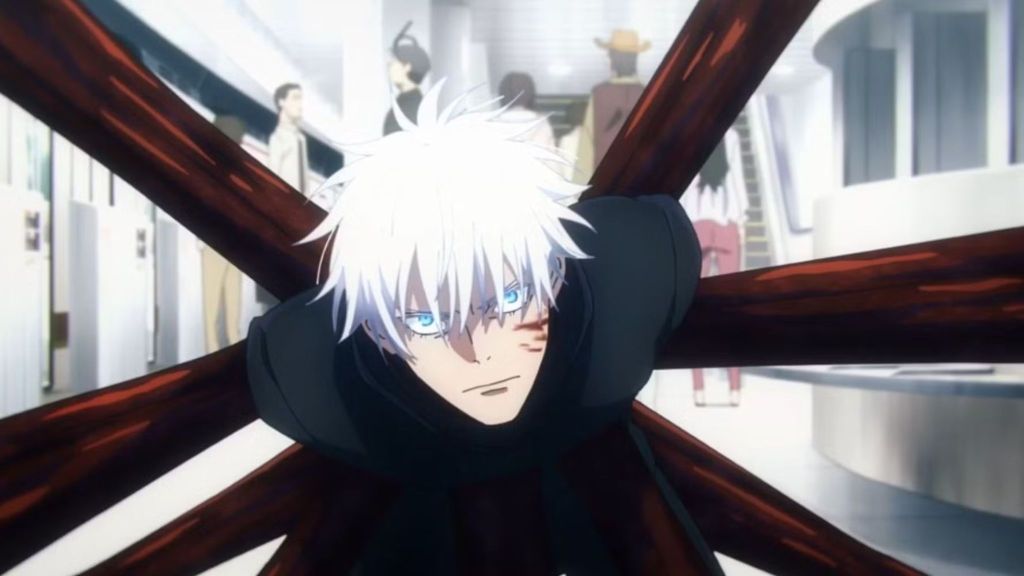
The Shibuya Incident Arc contains many heartbreaking moments for almost every character in the series. However, this emotionally charged line, delivered by Gojo Satoru, is perhaps one of the most crushing. After a year of believing his former best friend, Suguru Geto, was dead by his own hands, Gojo’s world is turned upside down when he sees Geto on the train platform in Shibuya. Gojo is sickened and crushed upon immediately realizing that Geto is still dead and that his body has been hijacked by Kenjaku to use as a conduit for evil.
In the English dub, the line is made even more devastating: “Your body and cursed energy, only information provided by my Six Eyes, is telling me you’re Suguru Geto, but both my heart and my soul know otherwise.” It’s a powerful moment that highlights the devastating impact of loss that dwells deep in Gojo’s heart and the struggle to reconcile undeniable truth with emotional disbelief. The quote speaks to the enduring strength of the bond between Gojo and Geto; one that not even death could corrupt, making it one of the most heartbreaking lines in the series.
7) “We’re the Strongest.”
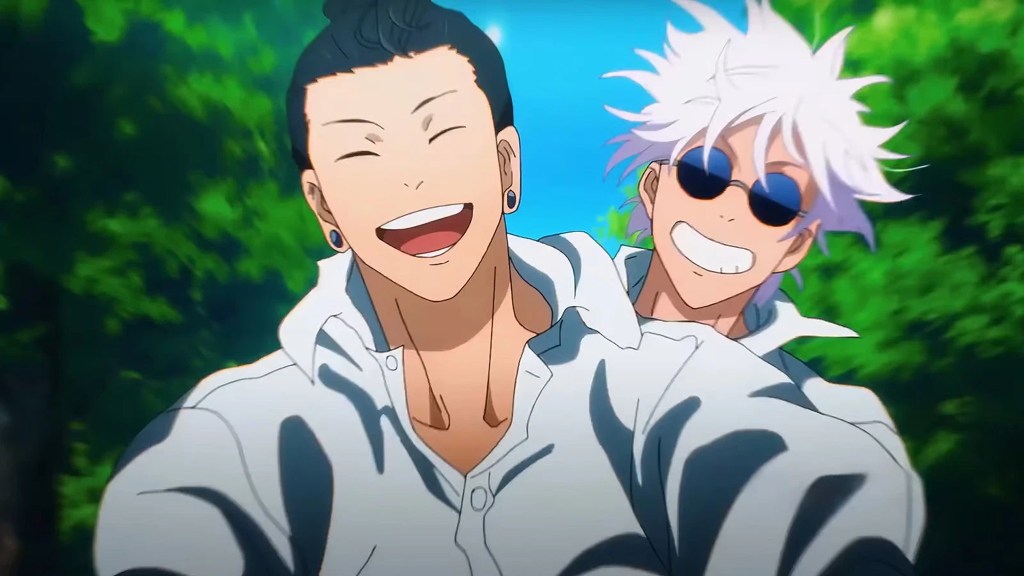
This bold and unwavering comment by Gojo, has deep implications and insights into teenage Gojo’s mind. Before he became “the strongest,” as he claims in Season 1, Gojo refers to both himself and Geto as the strongest together during their youth. This line embodies Gojo and Geto’s shared confidence, close personal relationship, and unparalleled power as the most formidable sorcerers of their generation. The quote reflects a period where they both believed they could do anything together, highlighting their immense talent and the seemingly unbreakable bond they shared.
However, the quote also carries a tragic undertone when viewed in hindsight. While they were indeed the strongest together at that time, their paths diverged dramatically, leading to a rift and ultimately, a devastating conflict. “We’re the strongest” thus becomes a sad reminder of a past era, a time when their combined strength offered unlimited promise before the crushing realities of their world tore them apart.
6) “What Kind of Woman is Your Type?”
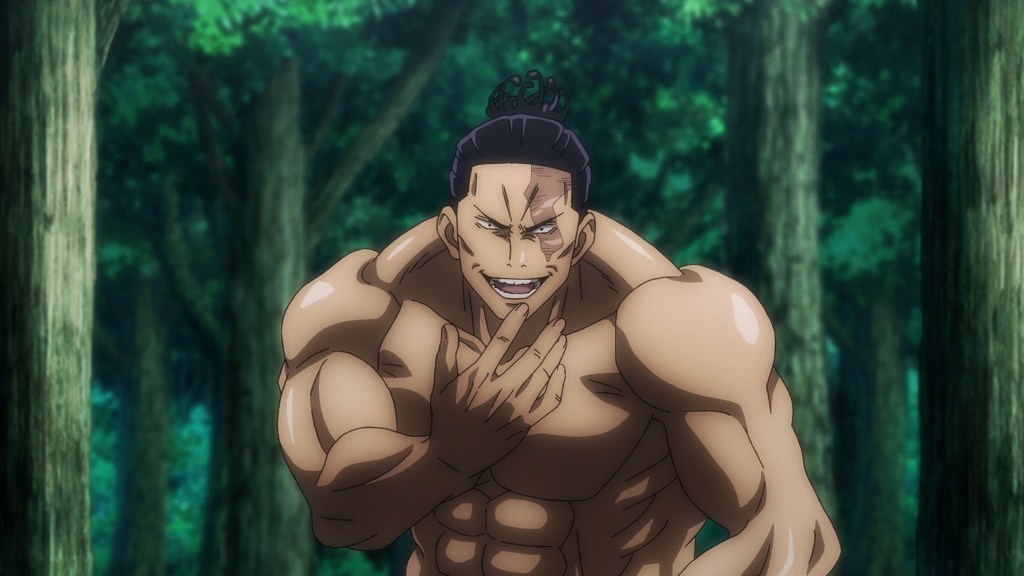
This seemingly simple yet iconic question is the signature litmus test of Aoi Todo, but its philosophical roots lie with his mentor, the Special Grade sorcerer, Yuki Tsukumo. Yuki taught Todo this question as a means of quickly assessing an individual’s character and values, believing that a person’s “type” reveals a great deal about their underlying personality and aspirations. For Todo, it became his unconventional method of finding a true “best friend” – someone whose genuine self resonated with his own, leading to his legendary bond with his “brother” Yuji Itadori.
The quote goes way past a mere comedic gag, acting as a crucial element of character development. It highlights Todo’s unique perspective and his earnest desire for genuine connection, even if expressed in an eccentric manner. Its origin with Yuki Tsukumo further deepens its significance, linking it to a broader philosophical outlook on understanding human nature within the brutal world of jujutsu. It’s a testament to how even the most casual questions in Jujutsu Kaisen can carry profound weight.
RELATED: Jujutsu Kaisen: Gojo’s Voice Actor Reveals His Favorite Scene in Season 2
5) “I Love Myself When I’m Pretty and All Dressed Up. And I Love Myself When I’m Kicking Ass!”
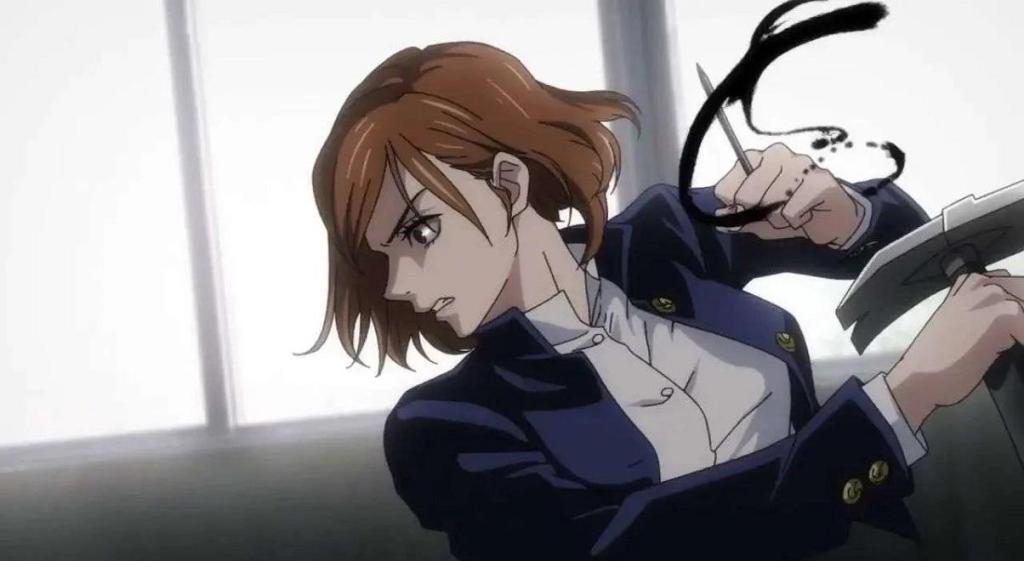
This iconic declaration from Nobara Kugisaki is a fierce and empowering rejection of societal gender norms and expectations. During a fight with Momo Nishimiya, Nobara – a strong and unapologetically confident sorcerer – refuses to be confined by outdated notions of what a woman should be or do. She celebrates her multifaceted identity, embracing both her femininity and her strength as a fighter without compromise. It’s a powerful statement of self-acceptance and defiance.
The quote champions individuality and self-love above all else. Nobara’s words resonate deeply because they challenge the narrow boxes society often tries to place individuals in; the box Momo tries to put Nobara and Mai in. She embodies the idea that true strength comes from authenticity and the freedom to express oneself fully, regardless of gendered stereotypes. It’s a battle cry for anyone who has ever felt pressured to conform and a reminder that self-worth comes from within.
4) “Itadori, You’ve Got it From Here.”
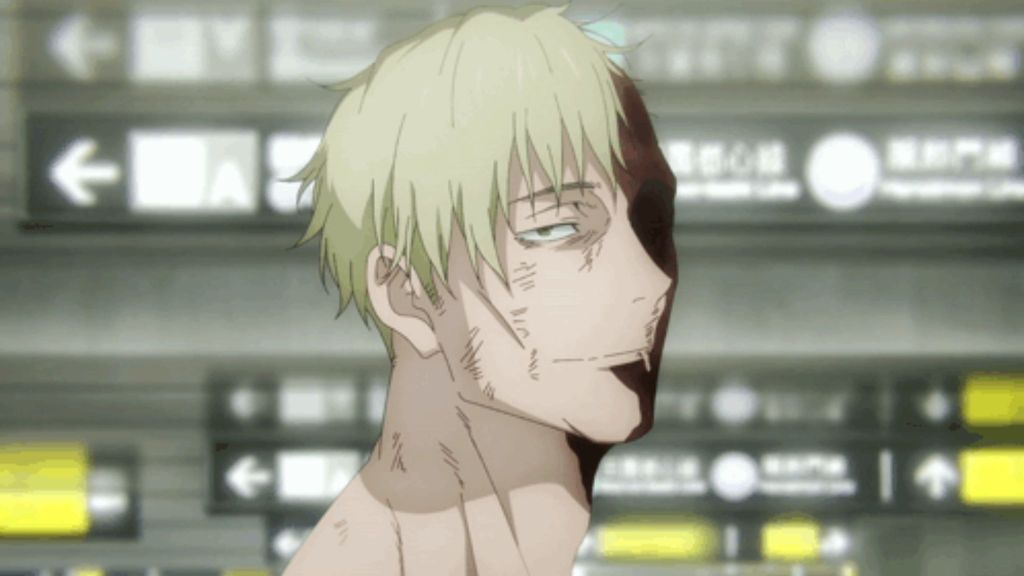
This incredibly heartbreaking line is uttered by Kento Nanami to Yuji Itadori in his final, agonizing moments, just before his death at the hands of Mahito. Despite his horrific injuries, the immense pain, and knowing his death is mere seconds away thanks to Mahito’s malevolent touch, Nanami’s thoughts are with Yuji, entrusting him with the continuation of the fight. It’s a passing of the torch, not just of duty, but of a shared understanding of their harsh world, signaling Nanami’s unwavering trust and belief in Yuji’s potential, even as his own life ebbs away.
The quote carries the weight of a seasoned sorcerer’s ultimate sacrifice and his protective mentorship towards his younger protégé. Nanami, who initially had a cynical view of jujutsu sorcery and yearned for a normal life, ultimately dedicates his last breath to empower Yuji, the boy he had grown to love. His words are a testament to Nanami’s quiet strength, his steadfast dedication to protecting others, and the deep, unspoken bond he formed with Yuji, leaving an indelible mark on both the character and the audience. This moment is a defining tragedy that pushes Yuji further into the grim realities of his path, while also inspiring him to live up to the legacy Nanami left behind.
3) “Don’t You Have a Human Heart?” “No, It Was Taken From Me.”
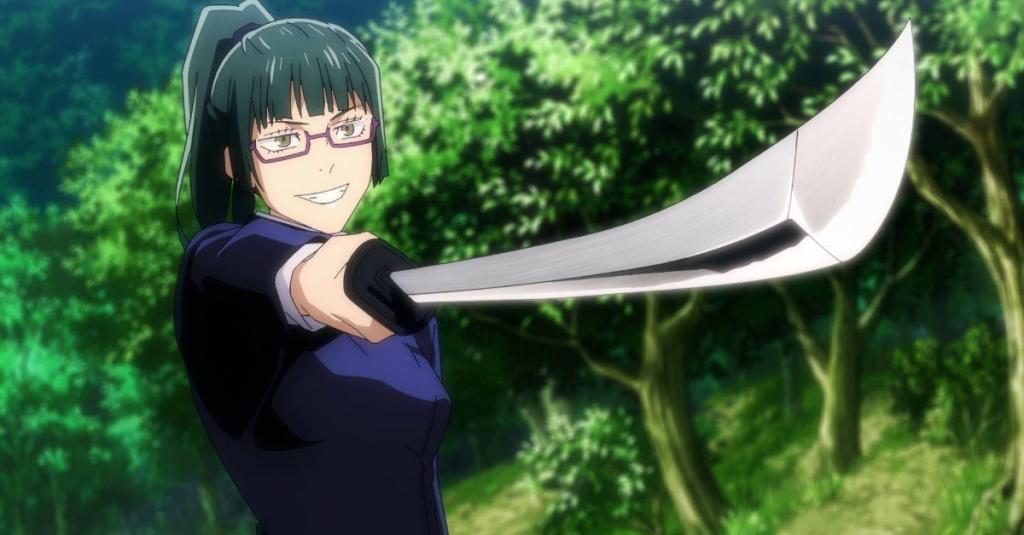
This chilling and pivotal exchange takes place between Maki Zenin and her ruthless cousin, Naoya Zenin, during the brutal “Perfect Preparation” arc, as Maki systematically and singlehandedly dismantles the Zenin clan. Naoya’s question, steeped in his condescending and traditional Zenin mindset, attempts to provoke a human reaction or weakness from Maki. Her cold, unfeeling response, “No, it was taken from me,” encapsulates the crippling pain she felt after her twin sister Mai – Maki’s “heart”– was killed. Her response is not just a rejection of his taunt but a reflection of the emotional and psychological cost of her family’s abuse and betrayal.
Maki’s answer signifies her complete detachment from the conventional human empathy for anyone in the Zenin Clan (except Megumi), which was stripped away by years of being ostracized, abused, and nearly killed by her own kin. It highlights her transformation into a formidable, unstoppable force of nature, embodying the pinnacle of her newfound strength by shedding the weaknesses of human connection that her clan saw as flaws. This exchange is a powerful testament to the destructive power of familial trauma and Maki’s ruthless resolve to carve out her own path and avenge her sister’s death, free from the shackles of her past and any lingering attachments.
2) “Not Zenin, Huh? Good For You.”

This chillingly detached and yet subtly approving line is spoken by the resurrected Toji Fushiguro to his son, Megumi Fushiguro, during their unforeseen and brutal encounter in the chaotic Shibuya Incident. Toji, who himself abandoned the Zenin name and its oppressive traditions due to his Heavenly Restriction, recognizes Megumi’s choice not to bear the family name, instead keeping his mother’s surname. It’s a rare, almost paternal moment of acknowledgment from a father who never knew his child and has been stripped of his humanity, fighting only on instinct.
The quote carries a profound weight, reflecting Toji’s lifelong disdain for the Zenin clan’s obsession with cursed energy and lineage. His approval of Megumi’s detachment from the family that scorned him speaks volumes about his own past struggles and liberation from their constraints. It’s a fleeting glimpse of the man Toji once was and a subtle blessing to the son who does not know he is fighting his father in a moment of pure, instinct-driven combat, underscoring the deep, unresolved, and largely unknown history between father and son amidst the chaos of Shibuya.
1) “Love is the Most Twisted Curse of All.”
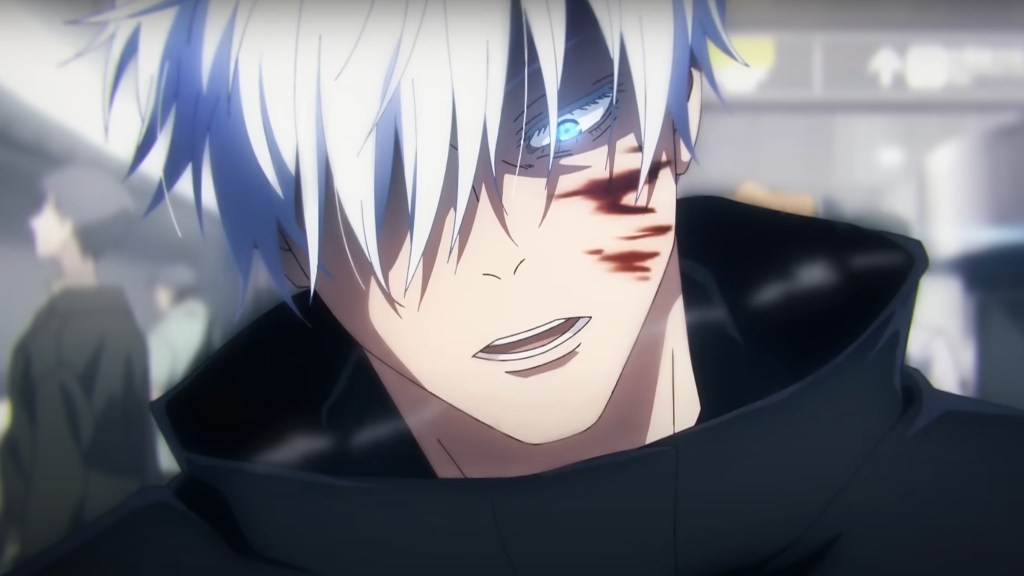
Gojo Satoru delivers this line, laced with Gojo’s deep and utter sadness, to Yuta Okkotsu in Jujutsu Kaisen 0, offering a dark philosophical insight into the nature of cursed energy and human emotion. Gojo makes this observation while discussing the immensely powerful curse, Rika, which Yuta accidentally created due to his overwhelming love and grief for Rika at the time of her death. While directly addressing Yuta’s situation, the line carries a heavy, unspoken implication, suggesting Gojo is also reflecting on his own tragic relationship with Suguru Geto, whose descent into villainy didn’t just break Gojo’s heart, leaving him without his best friend, but also created deep emotional scars.
The quote highlights the central theme in Jujutsu Kaisen that negative emotions, even those rooted in something as positive as love, can fester and manifest as dangerous curses. Gojo, the strongest sorcerer, understands this duality intimately, having witnessed how intense emotions can corrupt and destroy. His words serve as both a warning to Yuta about the immense power of his own feelings and a poignant reflection on the devastating path taken by his closest friend that impacted not only Geto but Gojo as well, making this line a cornerstone of the series’ exploration of curses and the human heart.
The post 10 Best Jujutsu Kaisen Quotes, Ranked appeared first on ComicBook.com.

